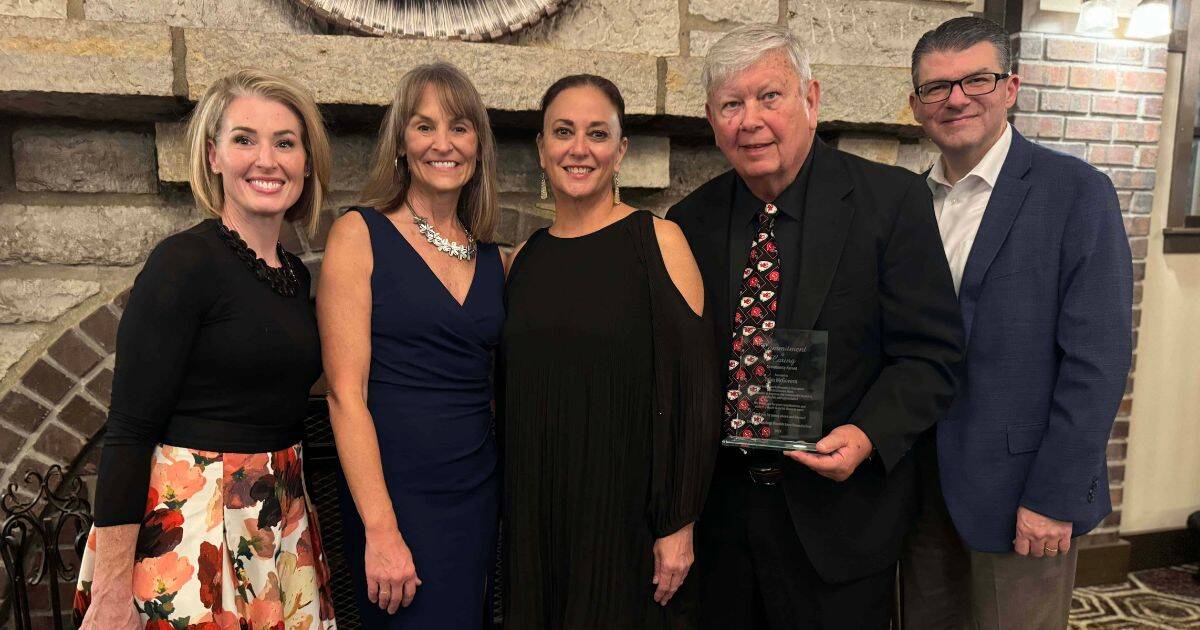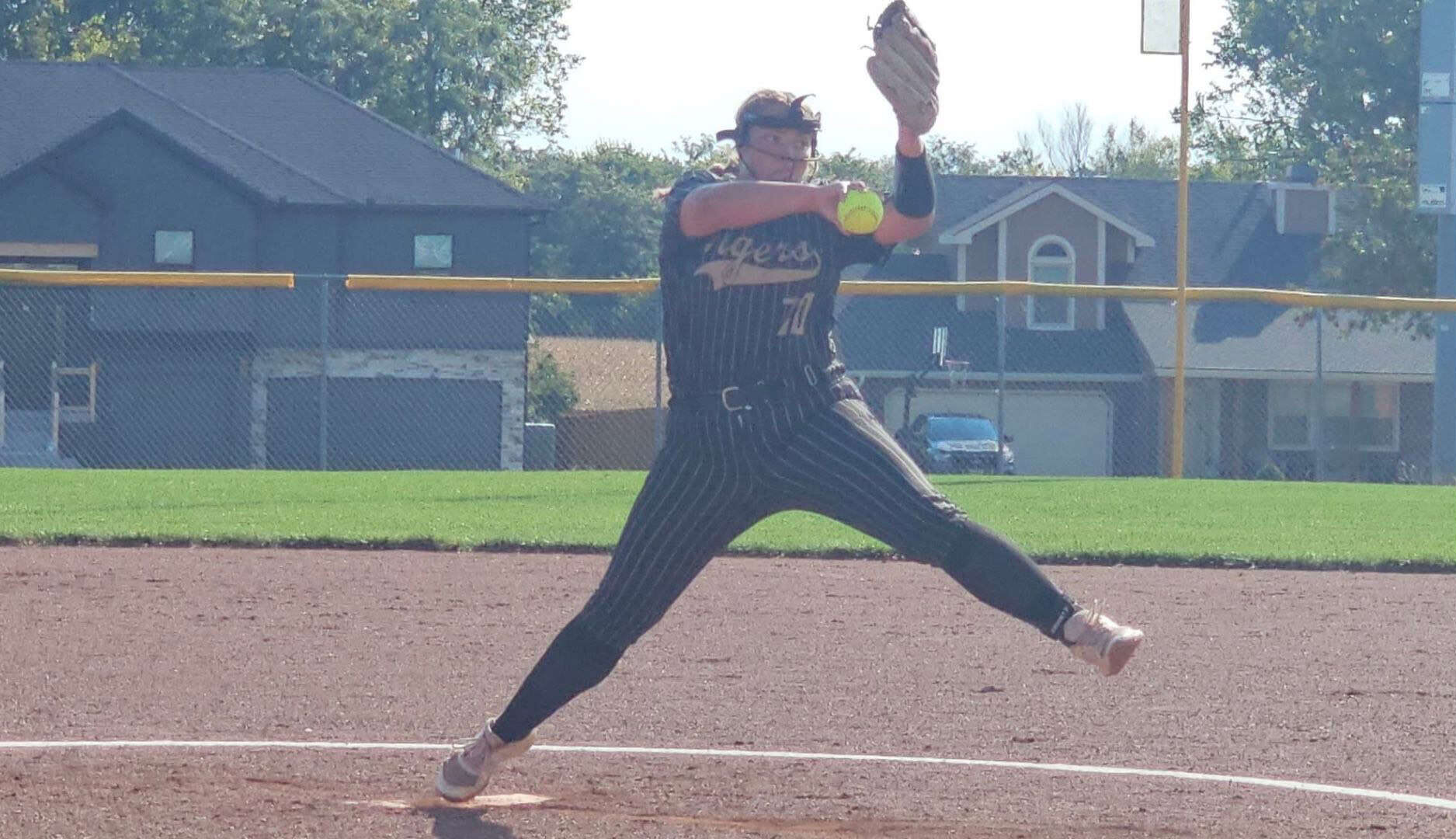
Excelsior Springs, Mo. – Across the state, convenience stores and gas stations are becoming popular spots for retailers to market and sell new intoxicating products, including a growing variety of unregulated supplements, some of which are making their way into the hands of youth.
Amanda Ruback, a specialist with the Missouri Poison Control Center, explained that for many of these products, specifically supplements, people don’t even need a prescription. “You can pick them up at local convenience stores or gas stations,” she said. “It gives the illusion of safety.”
That false sense of safety, she added, stems from packaging that labels these products as supplements, terminology that often helps them bypass medical oversight. “They are cheap and easy to access,” Ruback said, “but we don’t know their safety, potency, or the potential for contamination.”

THC Products in a Legal Gray Area
Alongside supplements, another category of concern is booming: hemp-derived consumable products containing THC.
Delta-8 THC and other cannabinoids derived from hemp are considered legal under the 2018 Federal Farm Bill, as long as the products are labeled and contain no more than 0.3% THC by weight. These products often appear as gummy candies, drinks, and snacks, many of which contain psychoactive substances.
“One package or drink might contain multiple servings,” Ruback emphasized. “Their palatable taste makes them easy for youth to consume.”
The 2018 Farm Bill removed hemp from the Controlled Substances Act, but left products like Delta-8 and THCA in a regulatory gray area, unaddressed by clear federal or state laws when added to consumables.

Legislation in the Works
Locally, State Representative Mark Meirath, who serves Missouri’s 39th District, noted that legislation is in the works to address these gaps. House Bill 393, expected to be introduced in 2026, aims to establish clearer guidelines.
“The Farm Bill opened Pandora’s box on this. This was not the intent,” Meirath said. The proposed bill would impose a 2% tax on these products, restrict sales to individuals 21 and older, and introduce new storage standards for items like hemp beverages. “I will do everything I can to make it as safe as possible, because it’s not going away,” he added.
Split Opinions Among Local Retailers
Meanwhile, local businesses are split on whether or not to sell the products. Currently, Bee Line, Casey’s, Phillips 66, and QuikTrip do not market or sell hemp-derived or THCA beverages. However, other businesses, including Fast Zone, BP on Highway 69, and VapeWyse, do carry and sell the products, but only to customers aged 21 or older.
Some establishments are still unsure how to proceed. Pour Boys in downtown Excelsior Springs recently received a shipment of hemp-derived drinks, but according to employee Connie Zuklin, “We received them, but don’t quite know what to do with them. We will definitely not sell to anyone under 21.”
Cali Smith of Fast Zone said she treats the products like tobacco. “I keep them on a high shelf,” she said, noting that each drink contains 10 milligrams of CBD and 5 milligrams of THC per serving. “They make you feel relaxed and high, at the same time.”

Dispensaries Warn of Loopholes
Hillary Prince, of the local dispensary KC Cannabis, pointed out a major difference in oversight. “Seed-to-sale tracking is strict in cannabis,” she said. “Hemp-derived THC doesn’t have that.” She noted that while customers are curious about these new drinks, many still return to licensed dispensaries for reassurance about what they’re consuming.
“It just doesn’t even make sense,” she said. “We’re all just humans creating these things and trying to follow the rules, but then there are outlying things like this that are terrifying.”
Product Safety and Enforcement Gaps
At VapeWyse, employee Gavin Berg echoed those concerns but focused more on the chemistry of the products. “THC is federally illegal unless it’s from a dispensary or contains less than 0.3% by weight,” he said. Alongside hemp drinks, other legally sold cannabinoids include Delta-6, Delta-8, Delta-9, HHC, THCO, and THCP. “Delta is from the plant, but synthetic stuff like K2 was, and still is, dangerous,” Berg said.
He added that inconsistent age enforcement is one of the biggest risks. “If someone gets caught selling to minors, the fine is $10,000,” he said. “But some retailers overlook age verification.”

Beyond Hemp: Other Dangerous Substances on Shelves
Ruback’s concerns extend beyond Delta-8 and hemp drinks. She also warned about five other substances gaining popularity across Missouri: Tianeptine (often called TNF), Phenibut, Kava, and a combination product called Phrenze.
These substances, she said, closely mimic the effects of street drugs. TNF, nicknamed “gas station heroin,” imitates the effects of opioids and can be highly addictive. Although Missouri attempted to ban it in 2024, the effort failed, and TNF remains legal as a labeled supplement.
Ruback explained that Kava and Phenibut are sold as mood enhancers but pose serious health risks. Kava has been linked to liver damage and is banned in several countries, but it’s still available in the United States. Phenibut acts as a sedative similar to Xanax and cannot be reversed with Narcan, making overdoses more dangerous.
Phrenze, a blend of Kava and Phenibut, is also gaining popularity. “It’s highly addictive and resistant to overdose reversal drugs,” Ruback warned.

Call for Regulation Amid Growing Popularity
Despite the known dangers, regulation remains minimal. “Supplements are not covered under the FDA,” Ruback explained. “They’re generally recognized as safe, but I’m not sure we can say that about any of these products.”
Still, some local retailers are working to ensure age restrictions are enforced, even amid uncertain rules.
As for intoxicating hemp-based beverages, Meirath summed it up bluntly: “What started as a movement to support farmers turned into a loophole for selling psychoactive substances with minimal oversight.” He stressed the need for regulatory reform, warning that without it, these products will continue flooding store shelves, with little understanding of what’s actually inside.

If you appreciate the value our local journalism brings to the community, please consider making a recurring contribution to the Excelsior Citizen!










